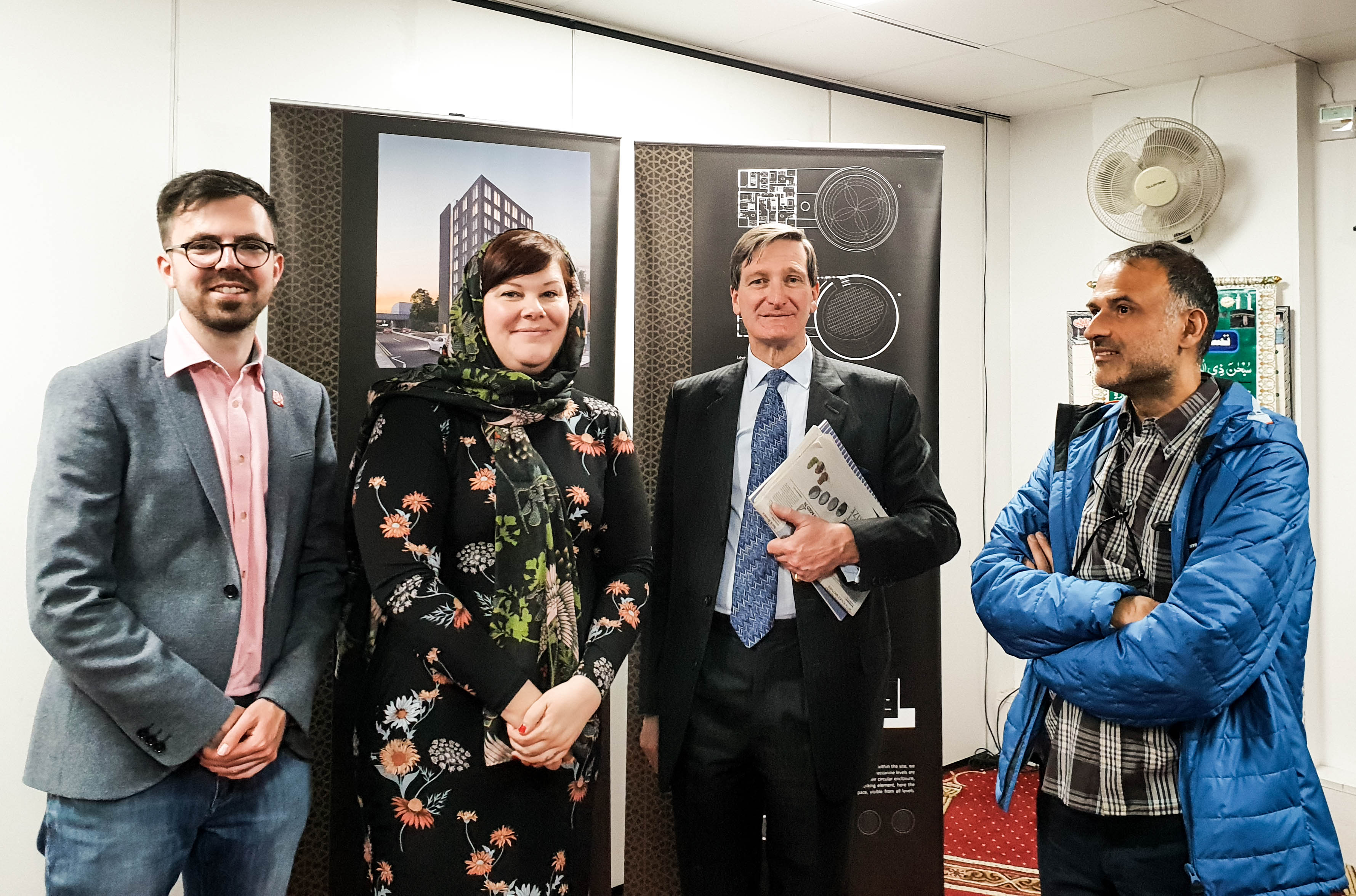Dominic Grieve MP, Chair of the Security Council and Member of Parliament for Beaconsfield, visited Havering Islamic Cultural Centre on 23 May 2018 to talk to the Centre’s congregation on the topic of British Muslims.
Dominic spent 2 years travelling around the UK talking to Muslims from all across the UK to understand the similarities, differences, pressure points and particular highlights from different communities. 500 hours of testimonies and evidence was collection, detailing the experiences of British Muslims, talking to Muslims and non-Muslims.
Below is a short summary of the conversation:
The conversation started with a background on the report “The Missing Muslims – Unlocking British Muslim Potential for the Benefit of All”, chaired by Dominic Grieve and worked on in conjunction with Citizens UK along with several other organsiations.
 Outlining the feeling that this work was being undertaken with a greater fear of division than had been experienced in recent times, it was explained that there were many positive stories which arose which should provide some hope and break down ‘Us against Them’ mentalities.
Outlining the feeling that this work was being undertaken with a greater fear of division than had been experienced in recent times, it was explained that there were many positive stories which arose which should provide some hope and break down ‘Us against Them’ mentalities.
Of particular interest was the assertion that there is no homogenous Muslim community. While it may be thought that the ‘Muslim population’ can be grouped together, this is simply not the case in any way other than their chosen religion. There is a variety of political, social and economic differences which separate us as Muslims in this nation.
There is clearly the start of an integrated Muslim society but it is only possible when younger generations of British Muslims truly believe they are equal in society. Unfortunately there is evidence showing that – when controlling for other factors – Muslim job candidates have considerably lower chances of achieving interviews. This is especially difficult for Muslim women, the least likely candidates to be considered for a job interview when controlling for other factors.
A key pain point within Muslim communities was the lack of openness with which women are treated across Islamic community centres and mosques around the UK. Despite Muslim women being empowered in other areas of their lives, with successful careers or being the central person maintaining large families, this was not reflected in many mosques. This issue, it was noted, is not religious but cultural.
Recommendations from the report included:
• Local authorities and civil organisations to work and strengthen existing structures.
• Improving mentoring services, specifically for the needs of Muslim individuals to help progress through careers.
• Developing national role models awards.
• Engage employers with non-Russell Group universities and become involved earlier in the educational process
Thank you:
We would like to thank Dominic for travelling to the far side of London to visit us and to Neil James (Citizen’s UK) for helping us arrange Dominic’s presence and for being such a big support to the Centre.
Thank you Dominic for also breaking his fast with us and taking the time to comment on the importance of a town centre location for a Mosque, making it accessible both for Muslims but also non-Muslims which becomes much more useful in strengthening community ties.



